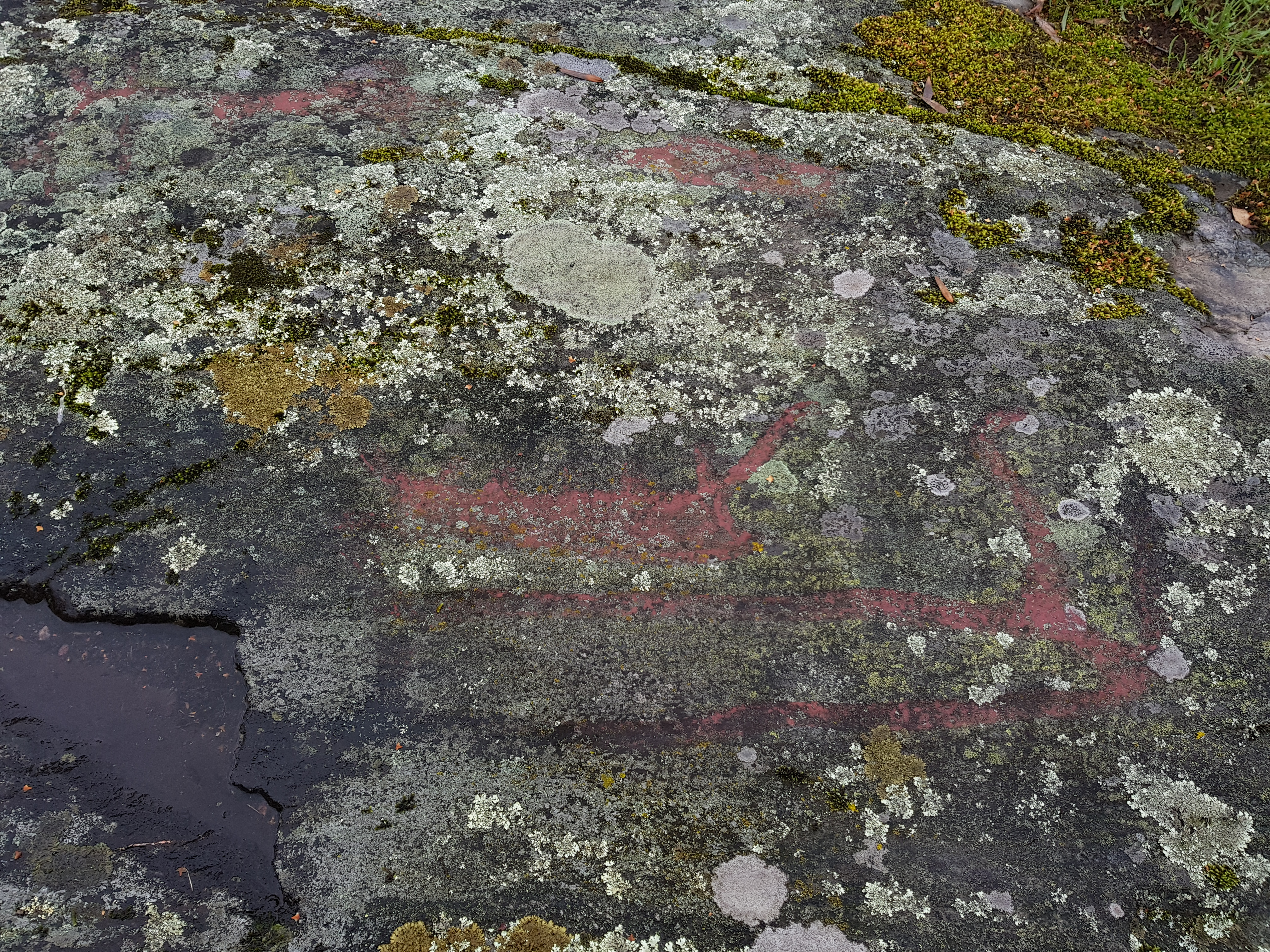 Image: Marietta Radomska, Archives of Lichenology (2017)
Image: Marietta Radomska, Archives of Lichenology (2017)
There are only three days left till the Symposium “Becoming with Alien Encounters and Speculative Storytelling”, co-organised by The Posthumanities Hub and TEMA GENUS Higher Seminar Series at Linköping University, and thus, we continue to provide you with some sneak peeks into what you’ll be able to fully enjoy on 5th April at Tema Genus!
More specifically, every other day we’ve given you a little insight into what our speakers are going to talk about. Or, in other words, every other day you’ve been able to learn a bit more about each presenter and their paper!:)
Today we present our last speaker, Dr. Marietta Radomska!
Bio:
Marietta Radomska is a Postdoc at Linköping University, SE; co-director of the Posthumanities Hub; founder of The Eco- and Bioart Research Network, co-founder of International Network for Ecocritical and Decolonial Studies and a founding member of Queer Death Studies Network. Her current research project focuses on ecologies of death in the context of contemporary art. She is the author of the monograph Uncontainable Life: A Biophilosophy of Bioart (2016).
Paper abstract:
Non/Living Archives of Lichenology: Between Stories of Living and Dying in a More-than-human World
The ‘Postmodern Synthesis’ of evolutionary biology (Koonin 2009) challenges the paradigmatic ideas of evolutionary decent, reproductive transmission of genes, and the notion of the individual (be it an organism, a population, or a species). As biologist Scott F.Gilbert argues, instead of individuals, we should talk about ‘holobionts’: composite organisms becoming through multiple cooperative processes.
This paper, being itself a piece of speculative storytelling, aims to explore what thinking with and through the figuration of the lichen – a primary example of a holobiont – can do to the cultural imaginaries and our understandings of the ontologies (and ecologies) of living and dying in a more-than-human world.